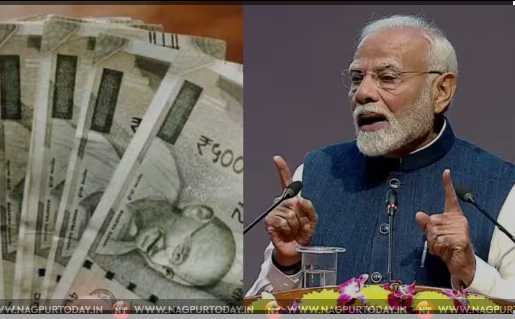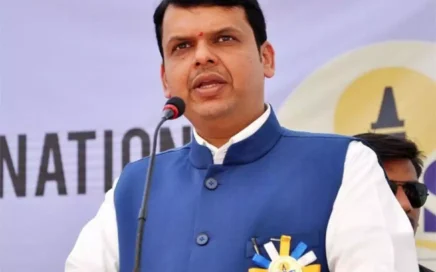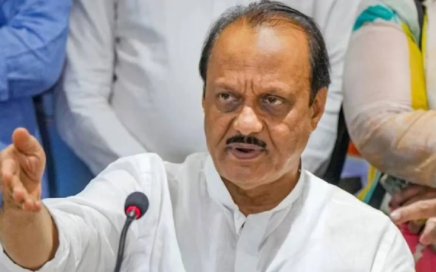
New Delhi: The Union Cabinet, chaired by Prime Minister Narendra Modi, has given its approval to set up the 8th Pay Commission, which will revise the salary and pension of over 1.2 crore Central Government employees and pensioners.
Confirming the news, Union Minister Ashwini Vaishnaw said the Prime Minister has approved the 8th Pay Commission and its recommendations will be submitted next year, in 2026.
Government employees were eagerly awaiting an announcement in this regard as the 7th Pay Commission’s term will expire on December 31, 2025. Employee representatives and various trade unions have had numerous meetings with the government in the last one year about the formation of the new pay panel. Unions also met Finance Minister Nirmala Sitharaman recently as part of the customary pre-budget meeting, where they pressed for the establishment of the 8th Pay Commission for around 50 lakh Central Government employees and 67 lakh pensioners.
The 7th Pay Commission was formed in February 2014 by the UPA Government, but its recommendations were implemented in January 2016 by the BJP-led NDA government came to power. Based on past trends, it was widely believed that the new pay commission would be formed soon and its term would begin in January 2026. Past trends — particularly those of the 4th, 5th, and 6th Pay Commissions — had followed a 10-year cycle.
The minister also informed that the Chairman and two members of the Commission will be appointed soon.
A pay commission is constituted by the Central Government once every decade to revise the salary structure of its employees. In addition to revising the salary structure, each pay commission has a term of reference (ToR), which broadly defines its focus. Pay commissions also decide pension payments.
The 7th Pay Commission was set up in 2016, and its term will end in 2026.
Who is covered under pay commissions?
According to the 7th Pay Commission, Central Government employees are all persons in the civil services of the Central Government and those who are paid salaries out of the consolidated fund of India, which is the account in which the government collects its revenues.
Employees of Public Sector Undertakings (PSU) and autonomous bodies, and Gramin Dak Sevaks are not under the remit of the 7th Pay Commission. This would mean someone working in Coal India will not be covered. PSU employees have separate pay scales depending on the undertaking they are working for.
What were the changes in the 7th Pay Commission?
Employee unions demanded a 3.68 fitment factor when it came to salary revision for the 7th Pay Commission, but the government decided on a fitment factor of 2.57. The fitment factor is a multiplier used for calculating salaries and pensions.
This led the minimum basic pay to become ₹18,000 per month, compared to the ₹7,000 in the 6th Pay Commission. The minimum pension also rose from ₹3,500 to ₹9,000.
The maximum salary became ₹2,50,000 and the maximum pension became ₹1,25,000.
















